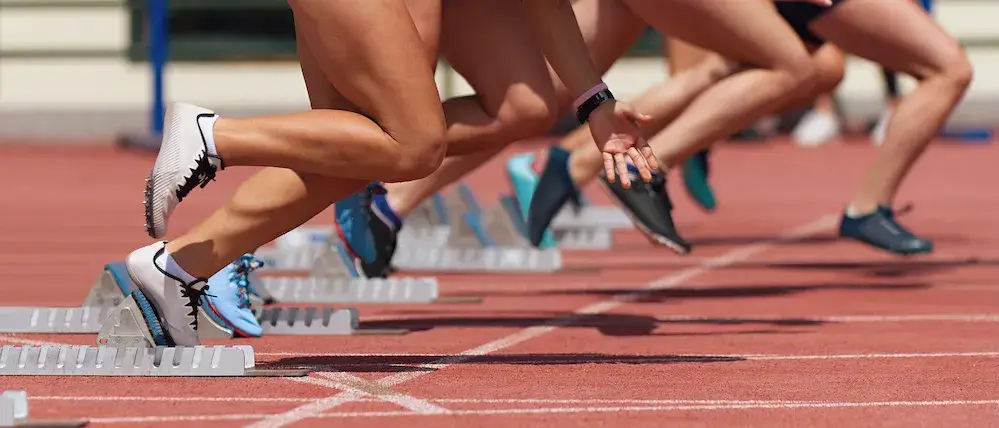The build up to any modern Olympics is accompanied by a swathe of announcements relating to the technology supporting not only the delivery of the games on the ground but also the global broadcast audience. With less than a hundred days to go to the opening ceremony in Paris, I was reminded of Orange’s briefing at #MWC24 with Bertrand Rojat, chief marketing and innovation officer for Orange Events, about their role in the 2024 games. Orange is building a major 100 Gbps fibre and 5G network to support 878 sporting events at 120 competition and non-competition sites, hosting fifteen thousand athletes, administrators, media partners and the estimated 4 billion of us who will watch both the Olympics and Paralympics from afar. Orange also has responsibility for the fan experience, security of venues and ticketing for 13.5 million people. This is first time all of this has come under a single partner agreement.
For the opening ceremony, smartphone cameras will deliver live pictures from the many boats forming the procession on the Seine, leveraging the private 5G network installed for the duration. Similar camera technology will also be used on the helmets of athletes for sports such as kite surfing, bringing the global audience closer to the action even out at sea.
As part of the contract, Orange is also developing the official app for spectators which will benefit from the 5G connectivity:
- Real time commentary on the sports in a minimum of French and English for those in the stadia
- Supporting information to help spectators get up to speed on the rules and regulations of the 32 sports involved
- Ticketing, services and facilities support
In addition to the 5G environment, Orange will deliver Team Connect, a 4G push to talk service that will allow organisational, emergency and security teams at the games to communicate securely and privately by voice and video. This is a first in the history of the Olympic Games.
In addition, a few innovations, caught my eye that are less likely to catch mainstream attention:
- On an experimental level, some paralympians will swallow a Paralive Bodycap pill to monitor levels of activity during especially intense sports such as wheelchair rugby, basketball and fencing;
- Video enhancement services such Givevision, relying on the Orange network, will be made available to vision impaired fans at their seats;
- And severely vision impaired spectators will have the chance to use Touch-to-See, a haptic pad to track where players are on the pitch.
Interestingly, there was no mention of Wi-Fi for the general public as all the key venues, such as Stade de France, will have advanced 5G network with dynamic spectrum allocation.
Previous Olympics have seen significant milestones in developing communications, security and the fan experience. Based on the work that Orange is putting in now, Paris 2024 will be no exception.

